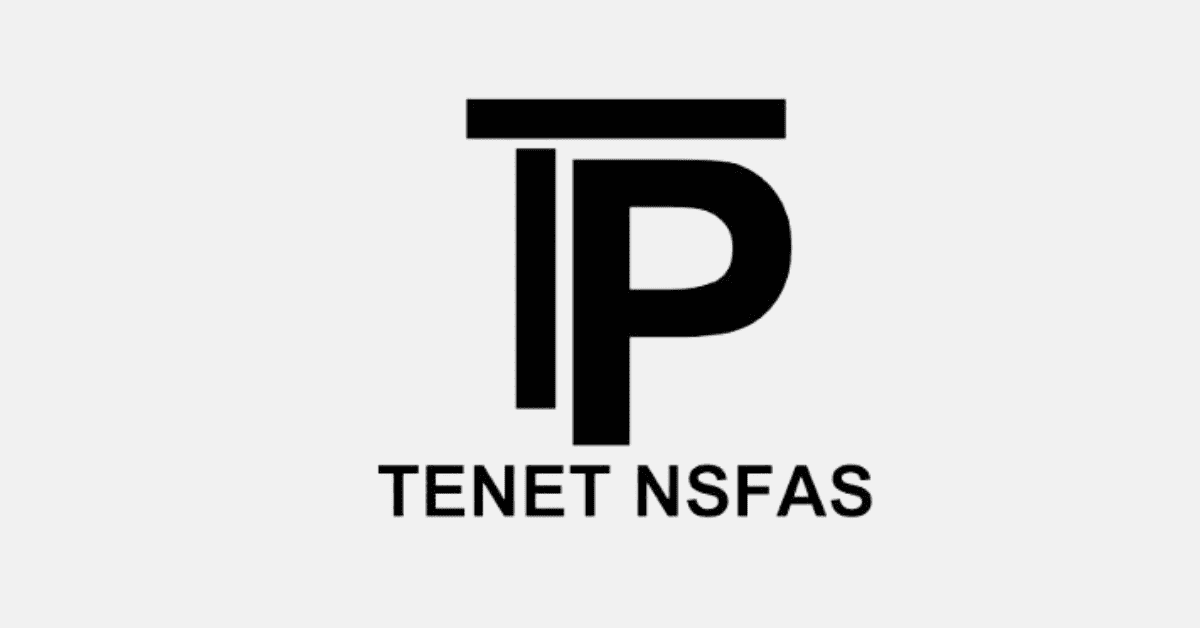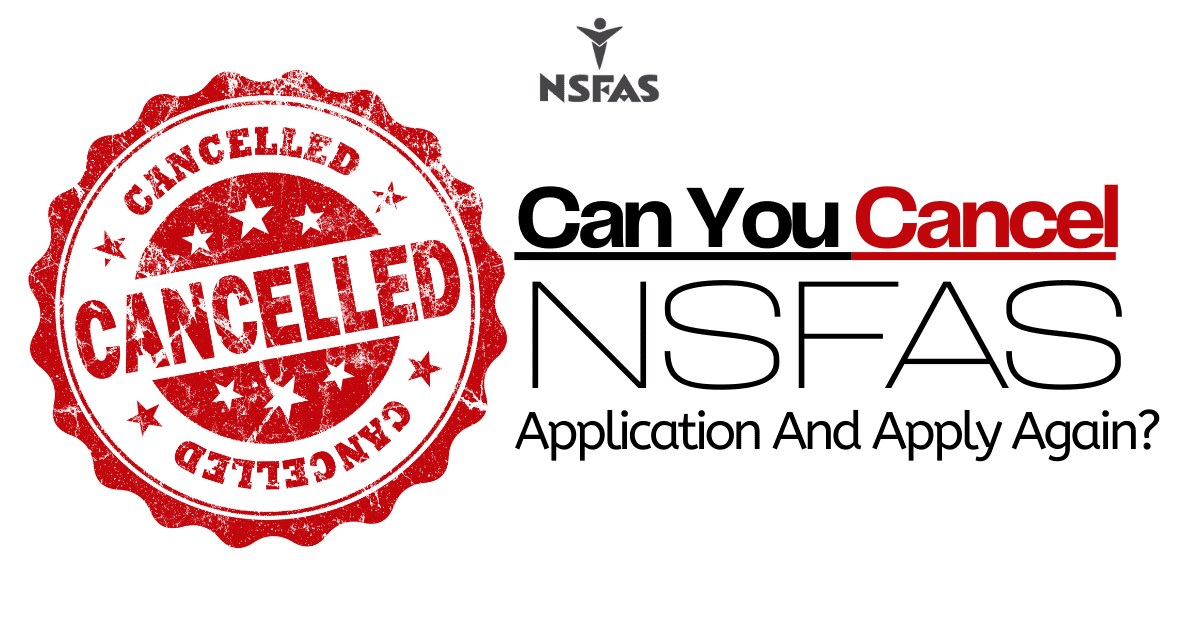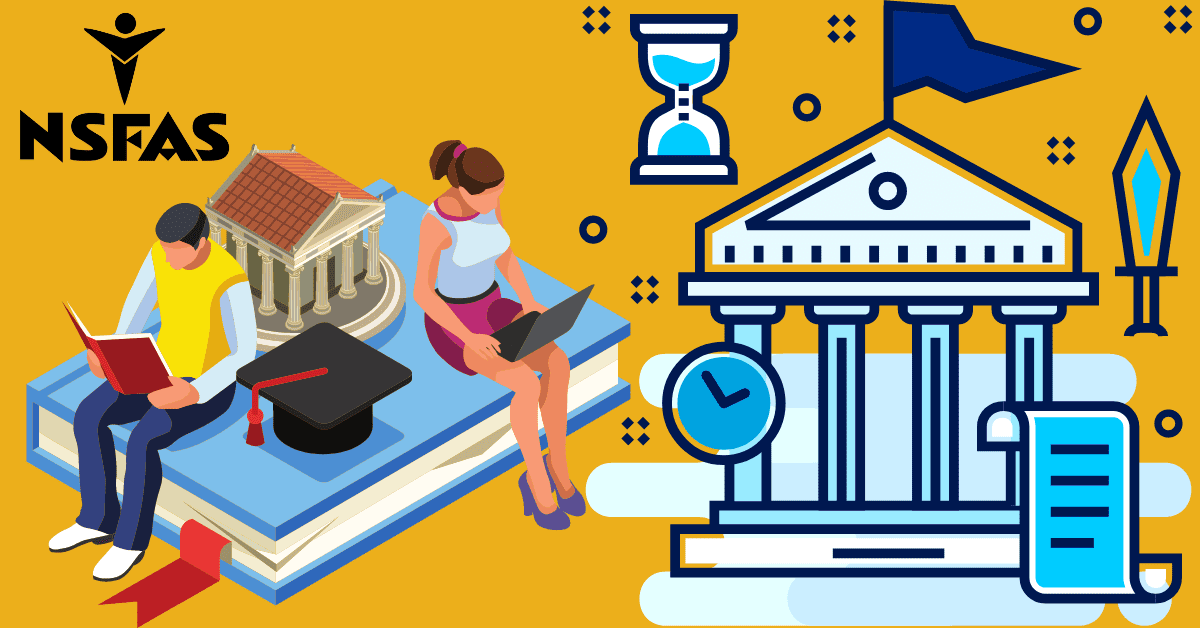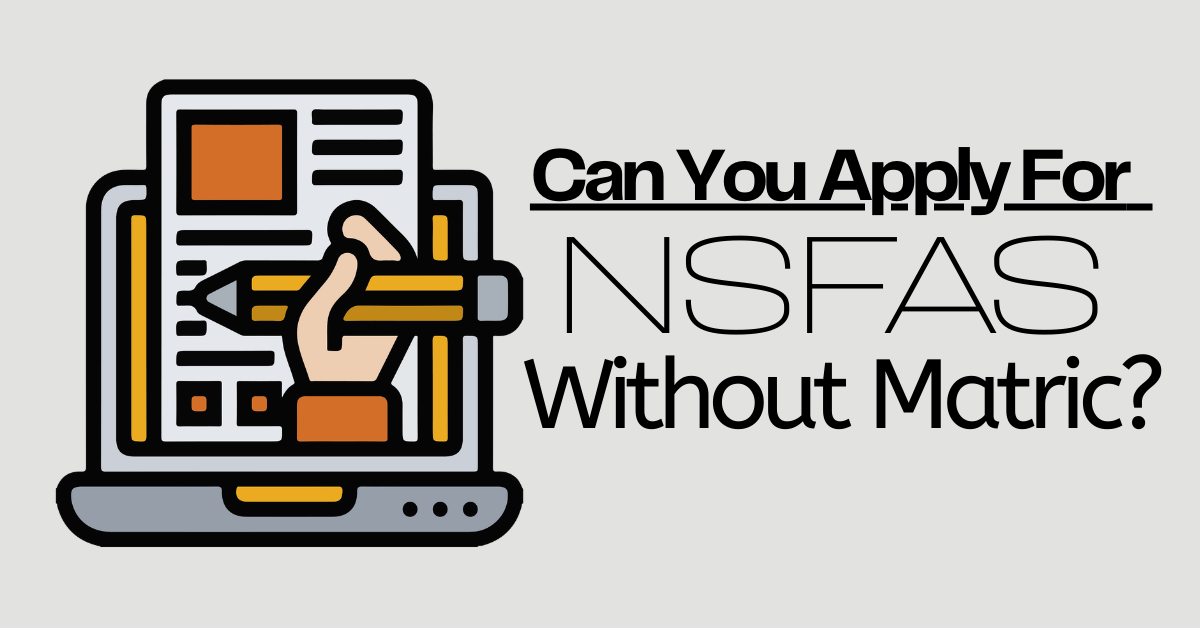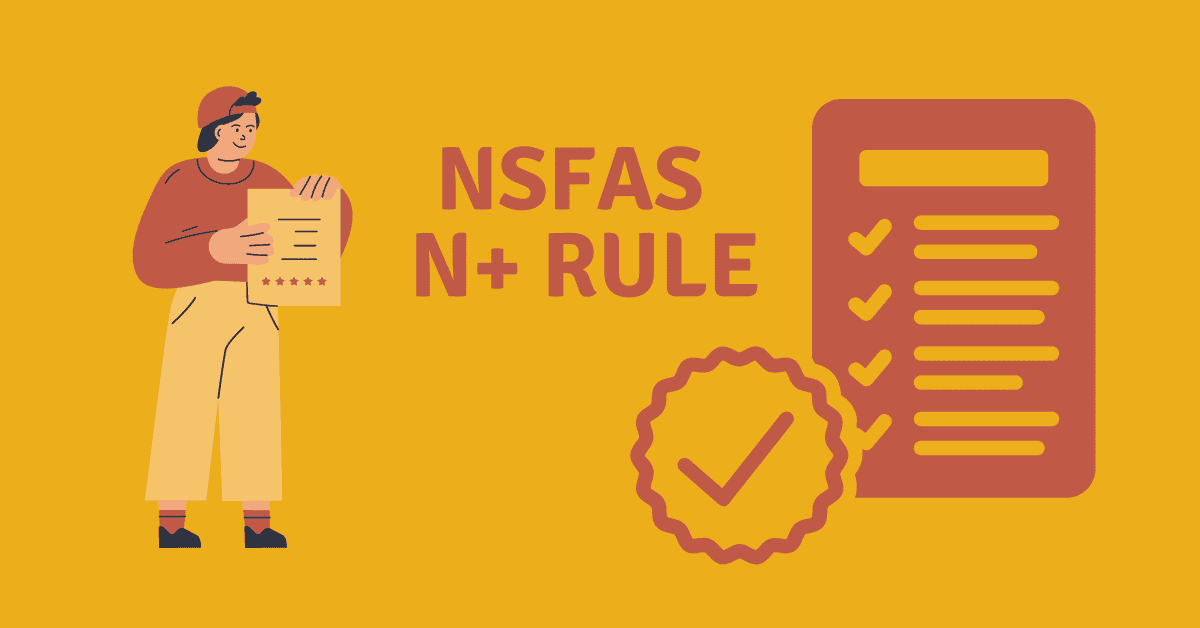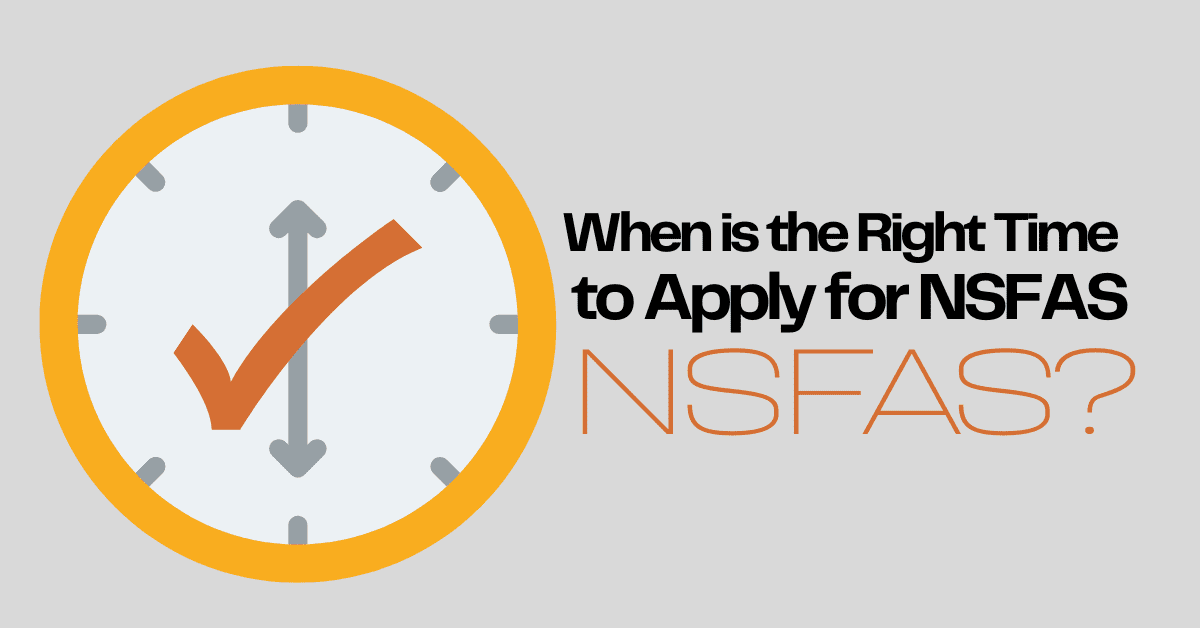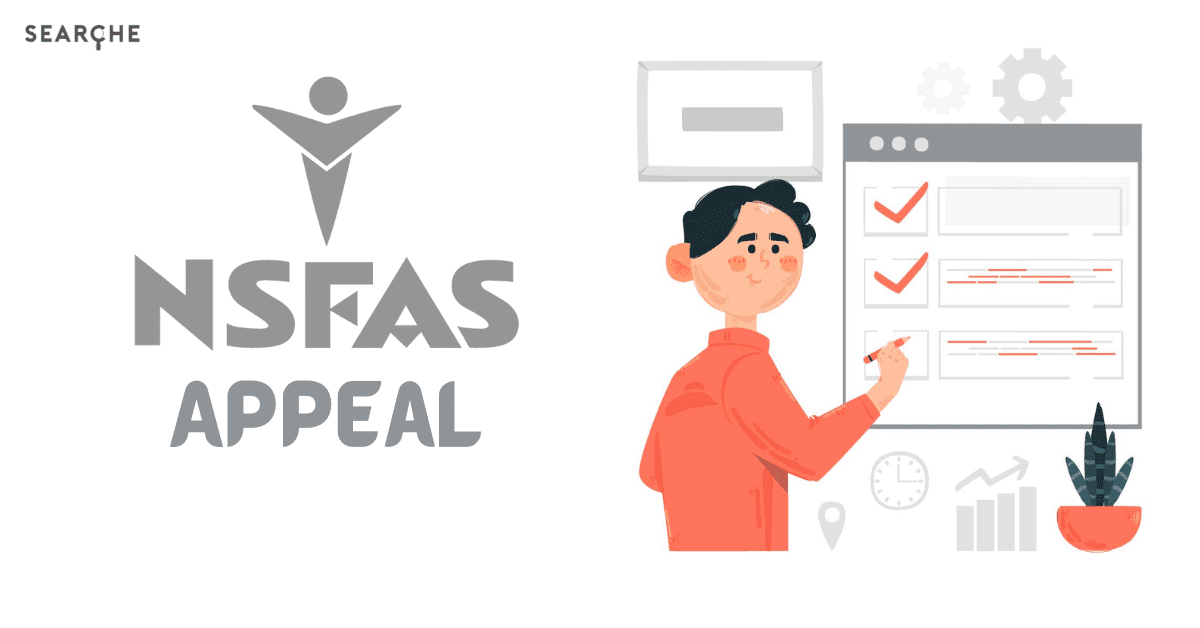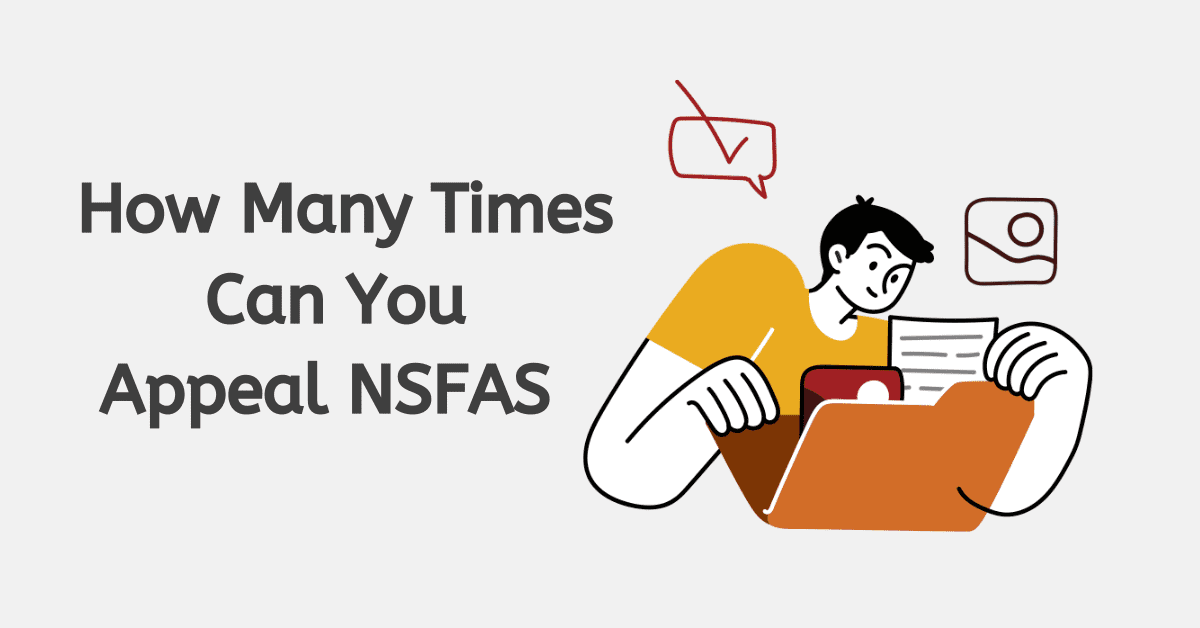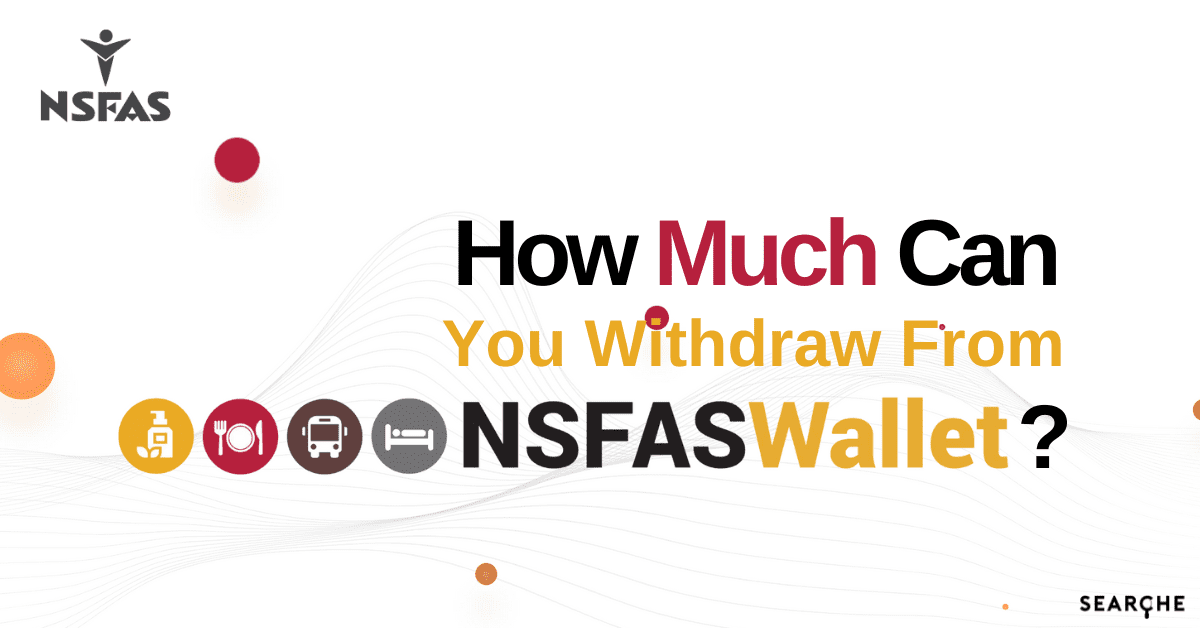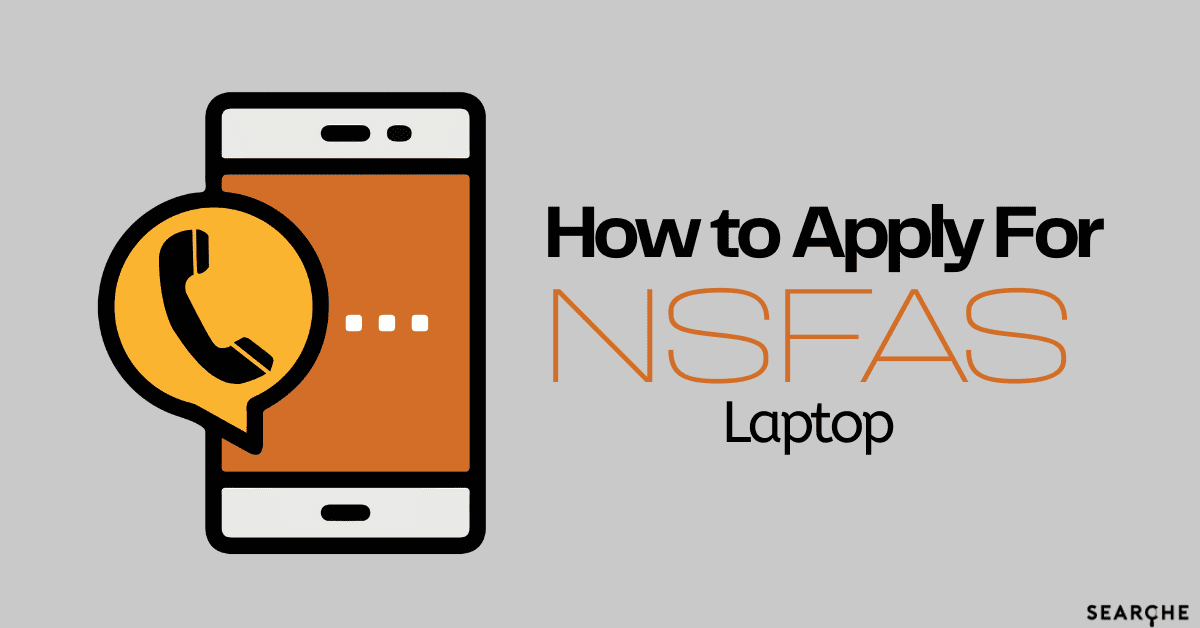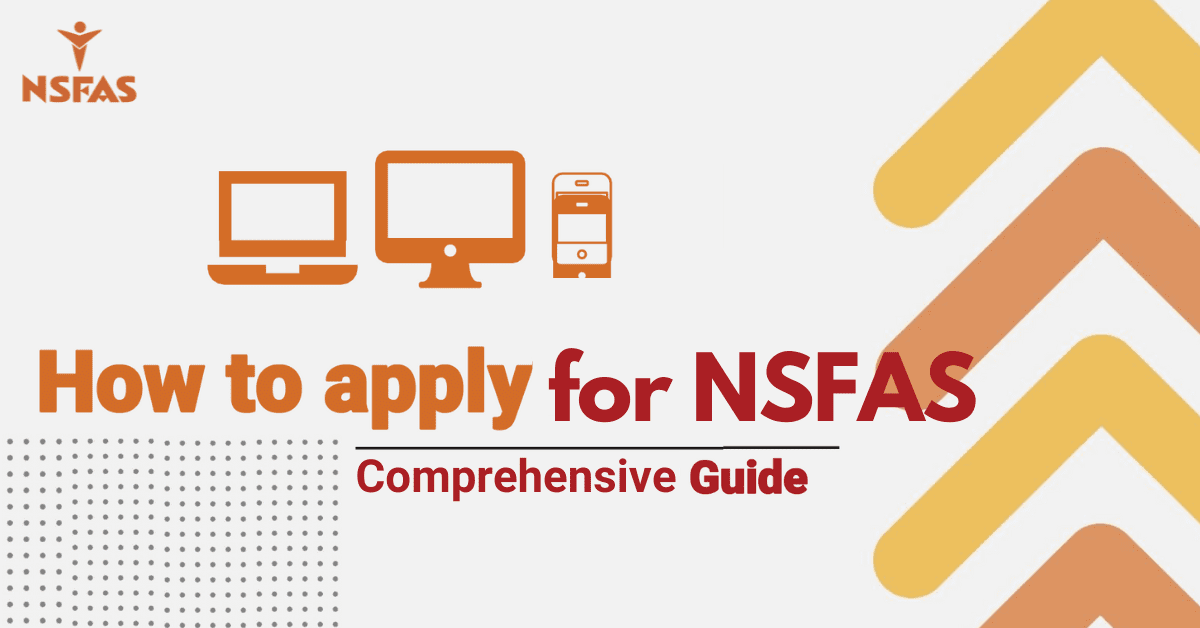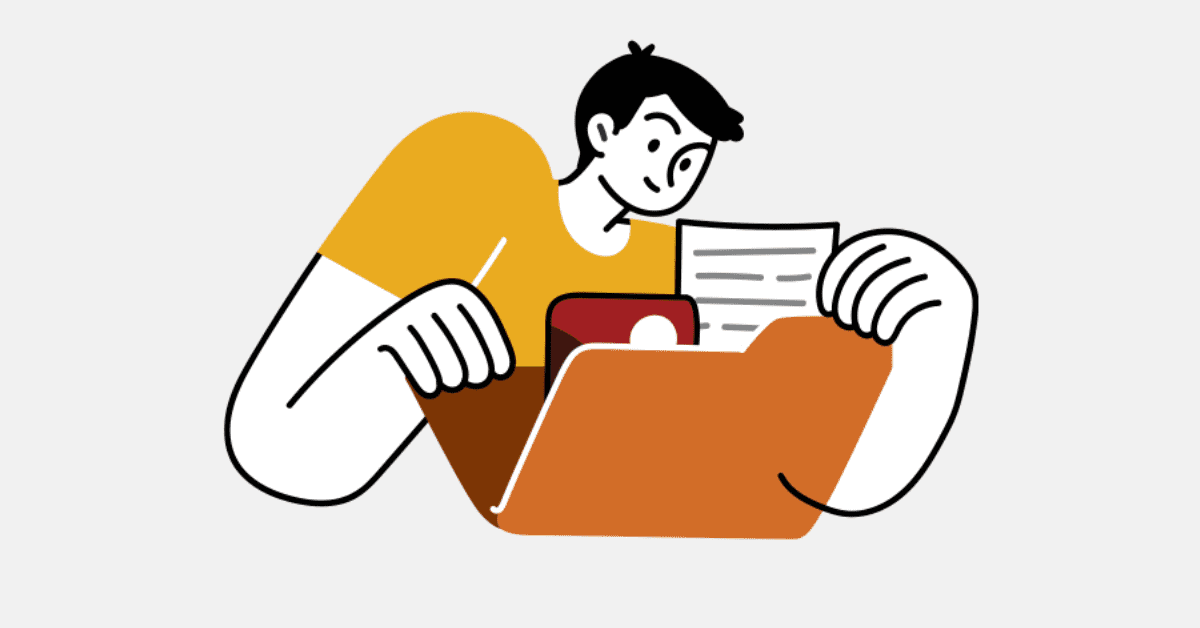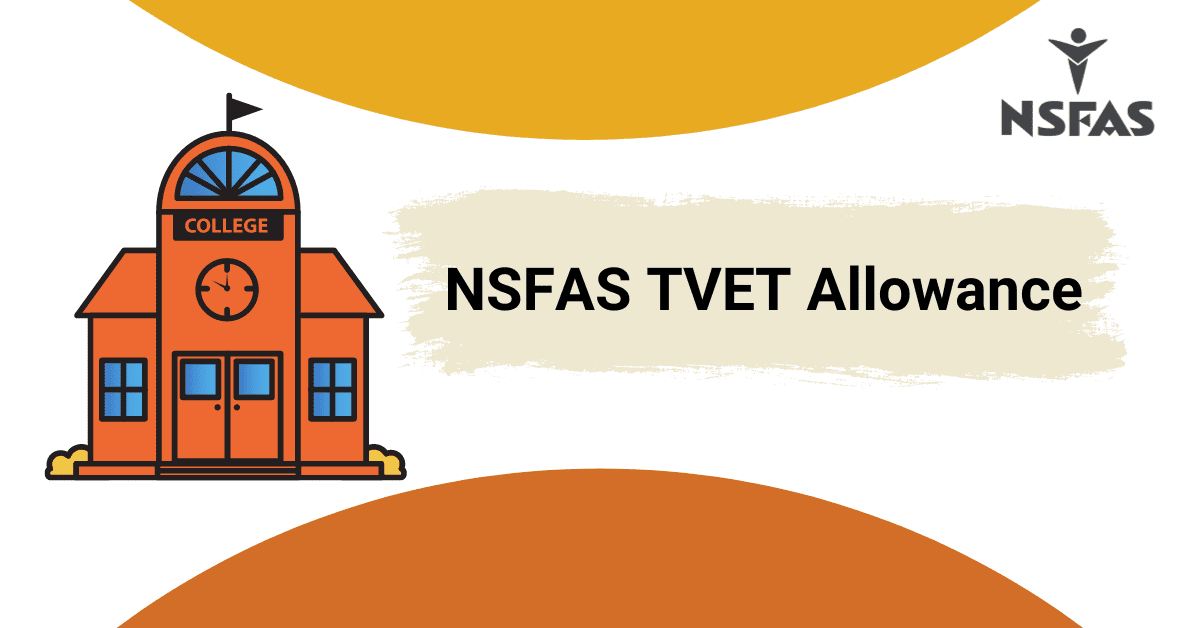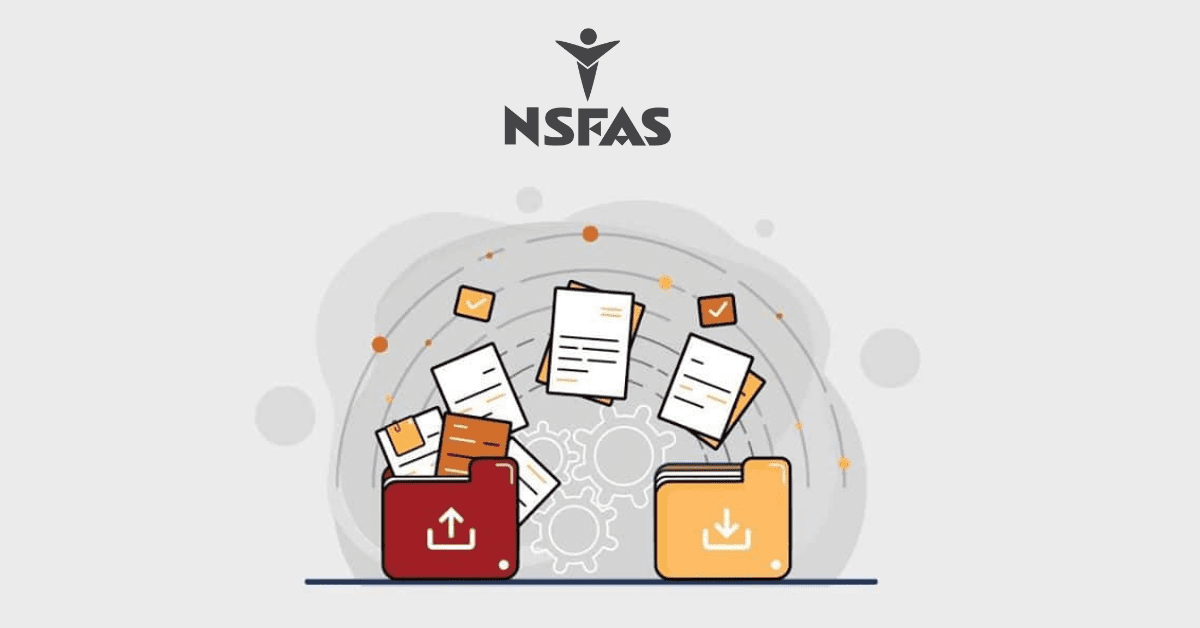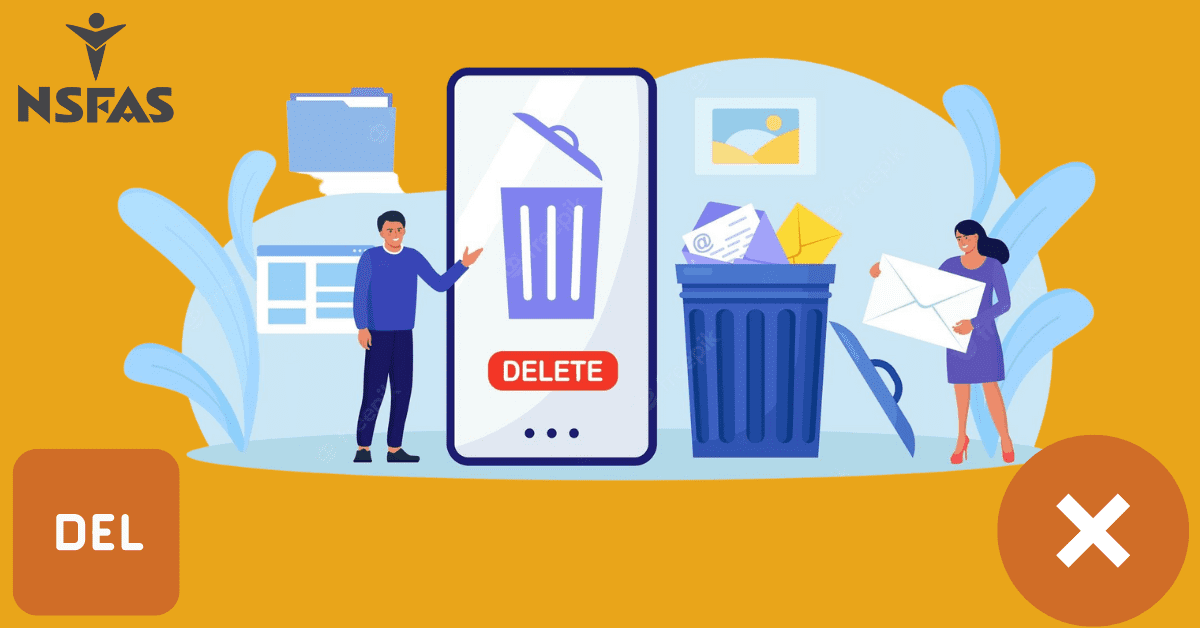For many people, attending a tertiary education institution may be beyond their family’s economic means. Luckily, those who meet the means test criteria for the NSFAS bursary in South Africa can use this to help them gain an undergraduate qualification and further their educational ambitions. What happens if there’s more than one person in your home who wants to use an NSFAS bursary? Today we have all the facts on NSFAS funding
Can NSFAS Fund Multiple People In A Household?
Luckily, you don’t have to choose between yourselves- NSFAS can fund multiple people in a household! There is no exclusion if you already have a family member who has qualified for an NSFAS bursary.
However, there are some things to remember. NSFAS considers the household income when determining a student’s eligibility for funding. If there are multiple people in the household who are studying at the same time, their combined household income will be taken into account when assessing their eligibility for funding.
If multiple people in your household are eligible for funding, NSFAS may provide funding for all eligible individuals, subject to the availability of funds and other conditions. However, the amount of funding for the allowance may be adjusted based on your household income and other factors. Tuition fees are always covered in full.
Of course, this is not a guarantee. Each case is assessed on an individual basis, and the final decision on funding will be based on the specific circumstances of the individuals and the availability of funds. This is another reason to be timeous with your application, as late applications are more likely to be rejected due to lack of funding. While the South African government allocates a very generous R49 billion a year to the NSFAS scheme, it is still finite and can only cover so many students.
However, if your household income is under R350,000 a year, and you all meet the other eligibility factors, there should be no issue.
How Does NSFAS Check Household Income?
NSFAS checks household income through a process called means testing. Means testing is a way of assessing a student’s financial need by considering their family or household income and expenses.
The means test takes into account the income and expenses of the student’s household, including the income of the student’s parents /guardians and any other sources of income in the home. Remember, this isn’t just salaries! Business and rental income, piecework, and other income sources will all be considered. NSFAS also considers the number of dependents in the household, overall family size, geographic region, and any other factors that may affect the household’s financial situation. While NSFAS asks for gross incomes, they will remove mandatory tax from the equation.
To determine the household income, NSFAS will require the student and their parent/guardian to provide supporting documentation, such as payslips, bank statements, or tax returns. They will also use the information provided on the application form to assess income and expenses.
It is important to provide accurate and complete information during the means testing process to ensure that your financial need is assessed accurately.
What is the Maximum Household Income for NSFAS?
For most applicants, the maximum household income for NSFAS is capped at R350,000 a year or R29,100 a month. However, students with recognised disabilities under South African law can have a combined household income of up to R600,000 a year to compensate for the additional costs of living with a disability.
Can I Apply for NSFAS Without Proof of Income?
No, it is not possible to apply for NSFAS without proof of income. NSFAS requires applicants to provide verifiable information about their family or household income as part of the means test to determine their eligibility for funding.
To apply for NSFAS funding, you will need to provide supporting documentation, such as payslips, bank statements, or tax returns, to verify your income and financial situation. If you are a dependent, you will need to provide this documentation for your parents or guardians.
If you are unable to provide NSDAS with the required documentation, you should contact them to discuss your situation and see if alternative arrangements can be made. They may accept non-traditional means of proving your income. However, it is important to remember that providing false information or failing to provide accurate information may result in your application being rejected or your funding being terminated.
If you are unsure about the documentation required or have any other questions about applying for NSFAS funding, you can contact NSFAS or visit their website for more information.
Luckily, having a sibling or other family member who already has an NSFAS bursary will not prevent you from being considered for funding. Remember, it is always better to apply as early as possible for the best chances of success.
